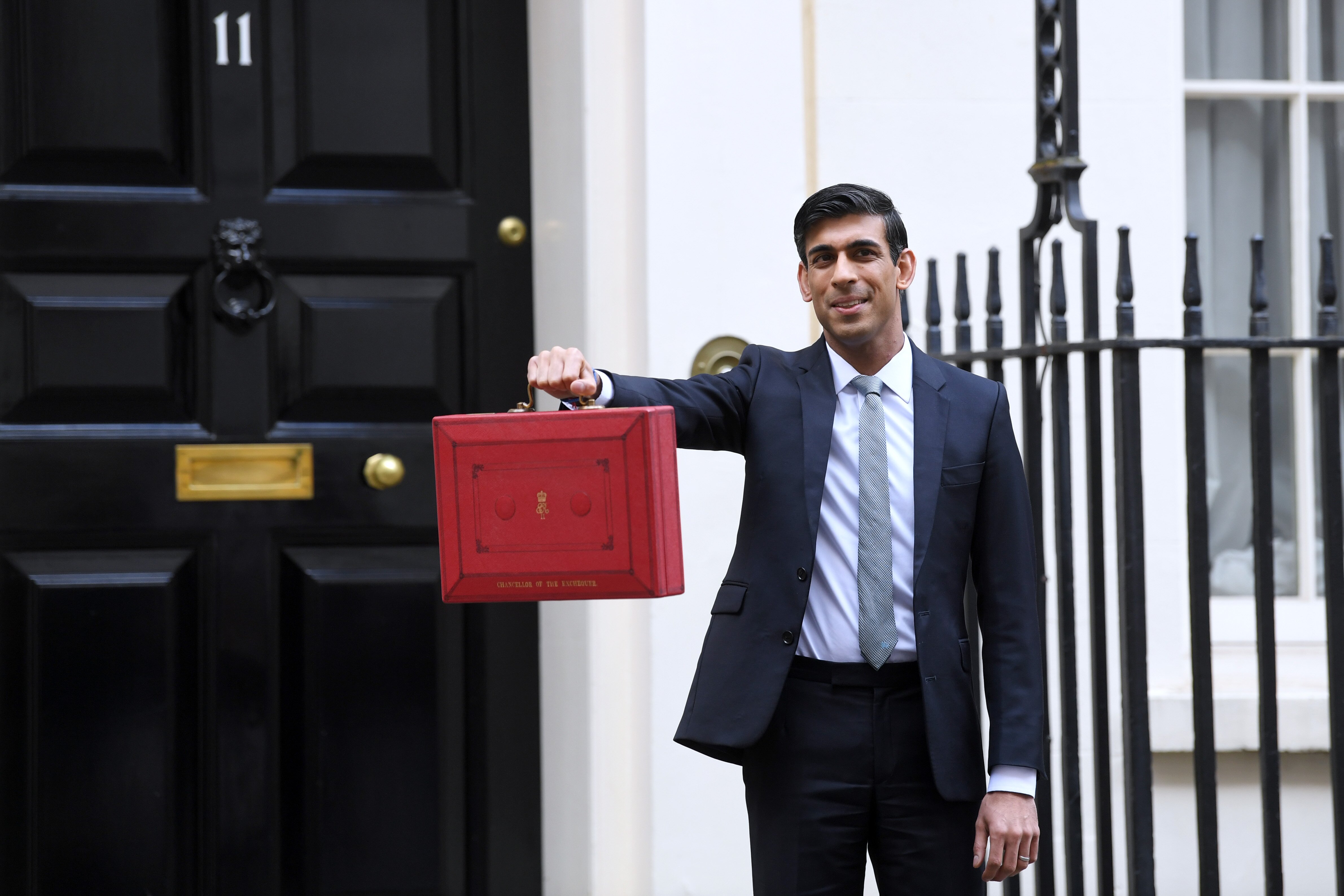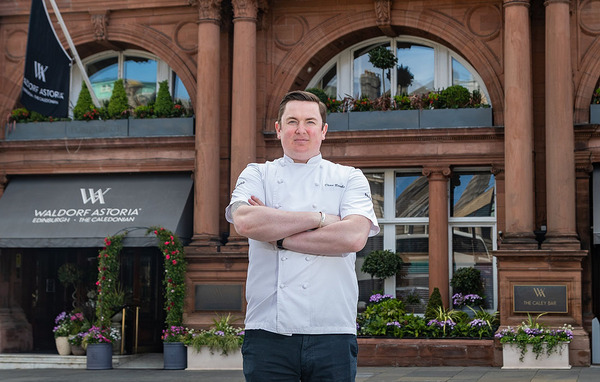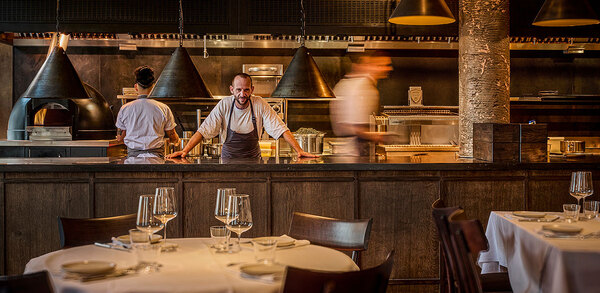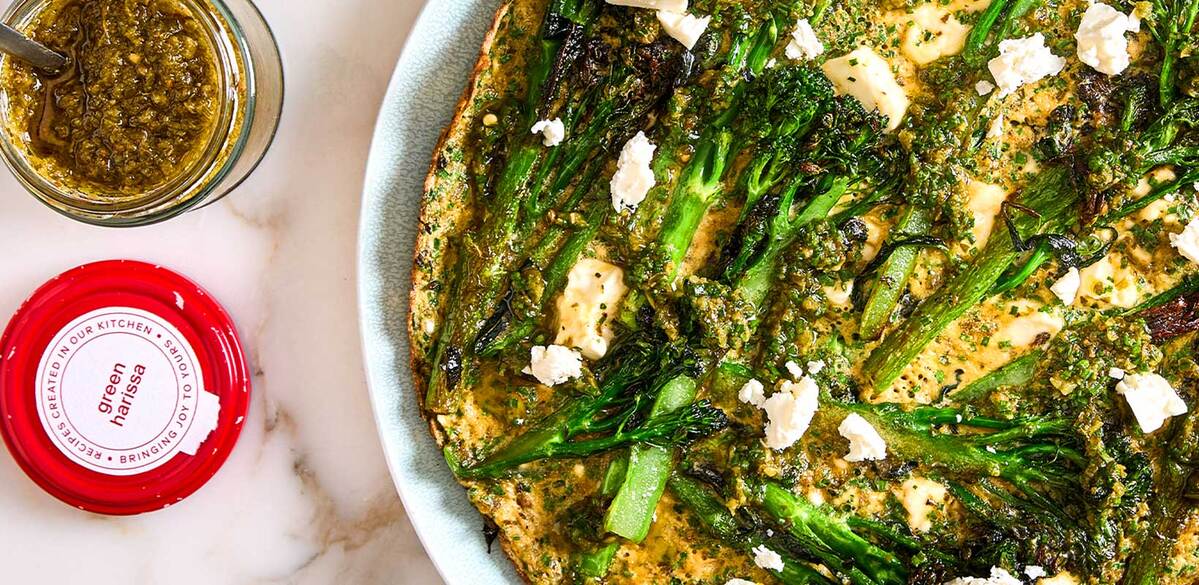Tier 2 cash grants 'will save jobs' but 'too little too late' for some businesses
Chancellor Rishi Sunak has announced a new cash grant scheme for hospitality businesses in England under Tier 2 that are not legally forced to close but are nonetheless impacted by restrictions.
Funds will be made available for local authorities to distribute, but Sunak said there would be enough to give every premises in the hospitality, leisure and accommodation sectors a grant of up to £2,100 for every month they are in the Tier 2 ‘high’ alert level.
This will also be retrospective and businesses in any area will be able to backdate their grants to August.
When originally announced, the Job Support Scheme – which will come into effect on 1 November – would see employers paying a third of their employees’ wages for hours not worked, and required employers to be working 33% of their normal hours.
Today’s announcement reduces the employer contribution to those unworked hours to 5%, and reduces the minimum hours requirements to 20%, so those working just one day a week will be eligible.
Sunak insisted that the government’s regional tiered approach to coronavirus restrictions was the “right way to control the spread of the virus” but said he was “responding to changing circumstances” and that the government “will listen and respond to people’s concerns as the situation demands”.
He said it was clear that some businesses particularly in hospitality were open but struggling, facing “profound economic uncertainty” and required further support.
UKHospitality chief executive Kate Nicholls said: “This is a hugely generous package of support and very welcome news just when we needed it.
“The changes to the Job Support Scheme will help to safeguard hundreds of thousands of jobs and the grant support will provide a crucial lifeline for businesses struggling with low footfall and ongoing costs. It is excellent that the grant has been backdated to when the restrictions began to bite.
“This gives businesses a much-enhanced chance of being able to overcome the challenges and survive into 2021, so they can begin to recover next year and play a vital role in helping boost the economy. It is encouraging to see the government listening to and understanding the plight of hospitality, which is dire. We are pleased to see that the measures extend to hotels and B&Bs, too.
“It is important now that grants are processed as quickly as possible as businesses are on the brink after weeks of curfew and severe restrictions.
“There is still a long way to go and we will be in close contact with the government to make sure that our members, and the whole of hospitality, gets the support it needs and deserves. This is a significant step forward for us, though, and a hugely valuable lifeline for businesses to stay afloat and keep as many staff as possible in their jobs.”
According to the real estate adviser Altus Group, 89 council areas in England have now been classified as 'high' alert areas and a further 34 as 'very high' under the new tier system.
Altus analysis of government data suggests Tier 2 measures which include no households mixing indoors are adversely affecting trade at 11,798 pubs, nearly a third of all English pubs, as well as 46% of all English restaurants, 12,422 in total.
However, London Union founder Jonathan Downey said on Twitter that the measures were "far too little too late", sentiments echoed by night time economy adviser for Greater Manchester Sacha Lord, who said the supply chain had been "forgotten, ignored and hung out to dry".
When asked about the impact on the hospitality supply chain, Sunak said the Tier 2 grant system will include a 5% top-up for local authorities which they can use at their own discretion to support local businesses, such as those in the supply chain. He added that the JSS was not targeted “purely at the hospitality industry or indeed purely at businesses operating in tier 2 areas because we recognise the complexity of the supply chains”, and that it would be available “for all businesses in all parts of the country, regardless of the sector they’re in”.
Joanne Taylor-Stagg, general manager of the Athenaeum hotel in London's Mayfair, tweeted that it was "a welcome announcement and a huge relief"; while managing director of the Vineyard Group Andrew McKenzie added: "This obviously won’t please everyone but it will save jobs."
The chancellor also announced that the government’s contribution to the incomes of self-employed people would double in the next round of self-employed income support, from 20% to 40% of people’s incomes, with maximum grants of up to £3,750.
Several operators, including Stuart Proctor, chief operating officer of the Stafford Collection, and Xavier Rousset, co-founder of the Black Book wine bar in London's Soho, said that in the capital £2,100 a month wouldn't even "touch the sides". Rousset described it as "just a further distraction from the slow death of the hospitality industry".
Tom Brown, chef-patron of Cornerstone in Hackney Wick said the amount was “genuinely insulting” and only around seven to eight customers’ worth of takings, having seen 100 cancellations this week.
He said: “But then again these are the same people who voted for no free meals for hungry children, so what do we expect.”
Mohammad Paknejad, co-founder of Nutshell in Covent Garden, added: “What the government offered earlier today still falls short of what would be necessary to save viable businesses in one of the hardest hit sectors and the jobs of their employees. No other sector has faced so much government imposed restrictions; most of which are not even justifiable, with so little support.”
Photo: Shutterstock





















